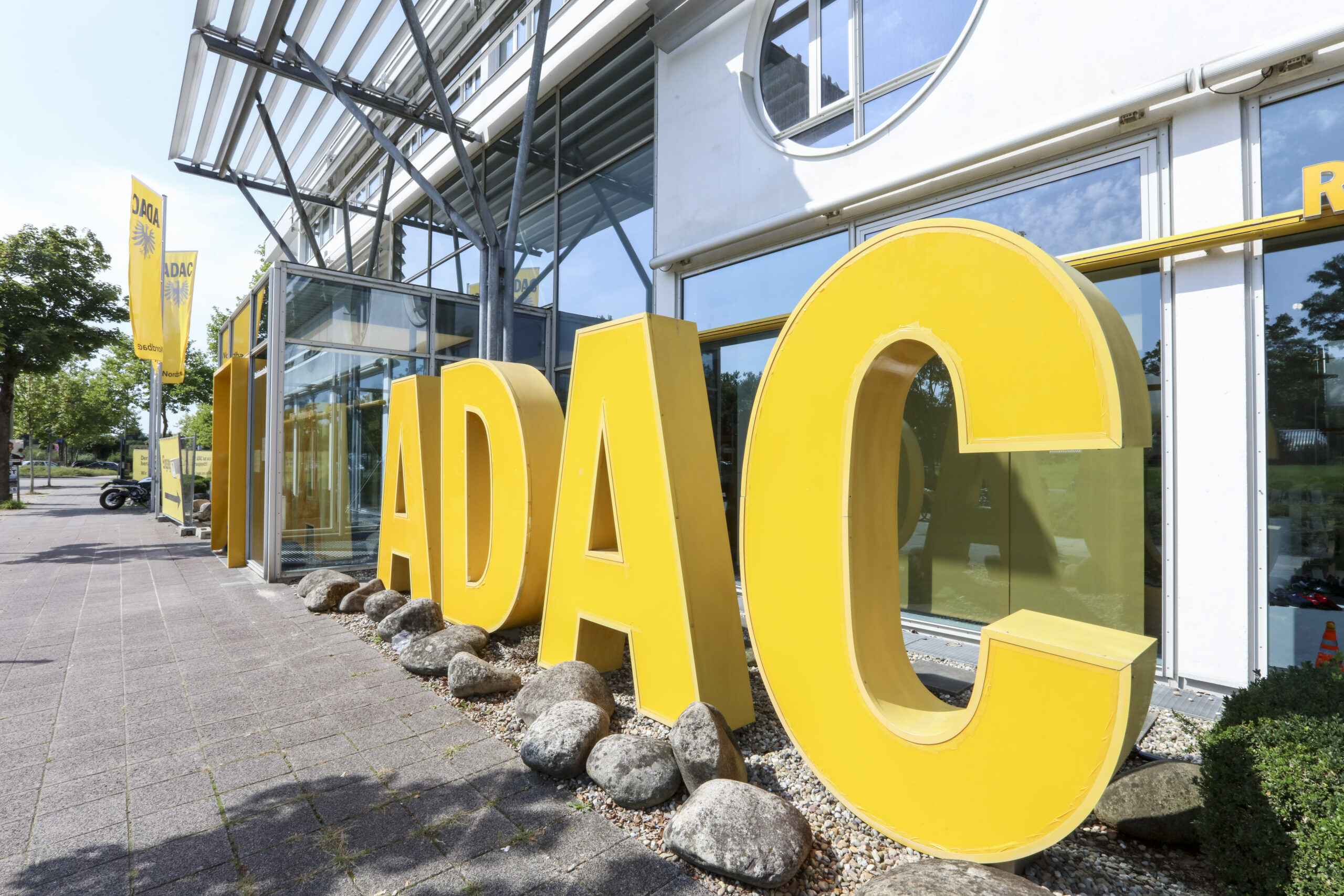Voice recognition for emotion - individualized consultations thanks to AI support
Motivation
At peak times, individual travel advice branches in Karlsruhe are visited by up to 40,000 customers per month. Travel advice is very individual and time-consuming. It is important to understand customers' wishes precisely in order to be able to offer suitable travel recommendations. During the consultation, an extensive exchange takes place with the customer. At the same time, information relevant to the consultation is being researched, so there are always interruptions to the conversation. It's a monotonous experience for the customer, and highly stressful for the consultant. It is therefore important to make consultations more interesting for customers and provide better travel recommendations. Furthermore, it is important for a mutually successful consultation to show the customer impressions of the destination during the consultation so that they can already get an idea of the destination at this stage. This is still done today by manually rotating the consultant's screen. The use case therefore offers potential for involving customers more intensively in the advice process and relieving the burden on advisors.
Objective
The aim of the use case led by Karlsruhe University of Applied Sciences is, on the one hand, to support advisors in travel advice meetings through the use of AI and, on the other hand, to offer customers a better experience during travel advice. Specifically, the AI should prepare current topics and information from databases based on the content of the consultation with the customer and provide it to the travel advisor in a suitable form. The aim is to significantly reduce interruptions in the dialog between advisors and clients by reducing the time advisors spend researching on the computer. At the same time, the use of AI is intended to provide visual support for advice by showing customers suitable images of the destinations, hotels or activities mentioned on monitors in real time. From an ergonomic perspective, the AI-supported system should be designed to be as manageable and useful as possible for the advisors in order to create the necessary acceptance of AI applications among the workforce. By implementing the use case, the AI should merge seamlessly with the existing specialist knowledge and turn the personal consultation into a unique experience for the customer.
Approach
A mobile travel advice desk will be created, which will include microphones to capture essential information relevant to the consultation and monitors to show customers further information and images of the intended destination. The keywords extracted and analyzed from the consultation are transferred to an (AI) algorithm in the subsequent process. The algorithm uses various data sources to provide the right information for the respective advisory situation almost in real time. Data such as Existing images are indexed by an AI so that they can be displayed to customers according to topic.
Added value
On the one hand, the use case improves the advisory processes, as the advisors are relieved and focused advice is promoted. Customers also benefit from the fact that the consulting process is made more emotional by the implementation of the use case, which increases the anticipation of potential travel destinations. Customers should also receive important and interesting information during the consultation, which previously could not be included in the consultation automatically and almost in real time. Finally, the consultation will become more attractive and intensive for travel consultants and customers alike by reducing interruptions to the consultation due to necessary searches for additional information and instead increasing the active consultation times. As a result, this leads to greater acceptance of AI integration in the consultation.
Voice recognition for emotion - individualized consultations thanks to AI support

Motivation
At peak times, individual travel advice branches in Karlsruhe are visited by up to 40,000 customers per month. Travel advice is very individual and time-consuming. It is important to understand customers' wishes precisely in order to be able to offer suitable travel recommendations. During the consultation, an extensive exchange takes place with the customer. At the same time, information relevant to the consultation is being researched, so there are always interruptions to the conversation. It's a monotonous experience for the customer, and highly stressful for the consultant. It is therefore important to make consultations more interesting for customers and provide better travel recommendations. Furthermore, it is important for a mutually successful consultation to show the customer impressions of the destination during the consultation so that they can already get an idea of the destination at this stage. This is still done today by manually rotating the consultant's screen. The use case therefore offers potential for involving customers more intensively in the advice process and relieving the burden on advisors.
Objective
The aim of the use case led by Karlsruhe University of Applied Sciences is, on the one hand, to support advisors in travel advice meetings through the use of AI and, on the other hand, to offer customers a better experience during travel advice. Specifically, the AI should prepare current topics and information from databases based on the content of the consultation with the customer and provide it to the travel advisor in a suitable form. The aim is to significantly reduce interruptions in the dialog between advisors and clients by reducing the time advisors spend researching on the computer. At the same time, the use of AI is intended to provide visual support for advice by showing customers suitable images of the destinations, hotels or activities mentioned on monitors in real time. From an ergonomic perspective, the AI-supported system should be designed to be as manageable and useful as possible for the advisors in order to create the necessary acceptance of AI applications among the workforce. By implementing the use case, the AI should merge seamlessly with the existing specialist knowledge and turn the personal consultation into a unique experience for the customer.
Approach
A mobile travel advice desk will be created, which will include microphones to capture essential information relevant to the consultation and monitors to show customers further information and images of the intended destination. The keywords extracted and analyzed from the consultation are transferred to an (AI) algorithm in the subsequent process. The algorithm uses various data sources to provide the right information for the respective advisory situation almost in real time. Data such as Existing images are indexed by an AI so that they can be displayed to customers according to topic.
Added value
On the one hand, the use case improves the advisory processes, as the advisors are relieved and focused advice is promoted. Customers also benefit from the fact that the consulting process is made more emotional by the implementation of the use case, which increases the anticipation of potential travel destinations. Customers should also receive important and interesting information during the consultation, which previously could not be included in the consultation automatically and almost in real time. Finally, the consultation will become more attractive and intensive for travel consultants and customers alike by reducing interruptions to the consultation due to necessary searches for additional information and instead increasing the active consultation times. As a result, this leads to greater acceptance of AI integration in the consultation.

Wladimir Hettmann
Karlsruhe University of Applied Sciences
wladimir.hettmann@h-ka.de














